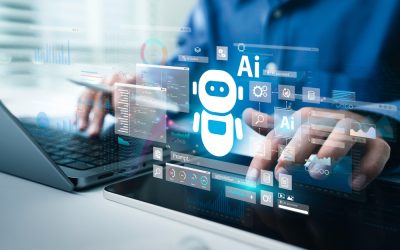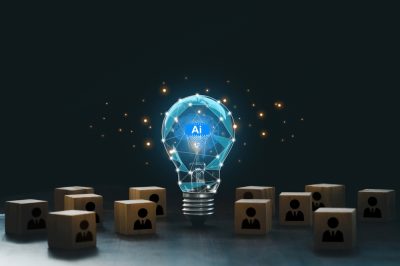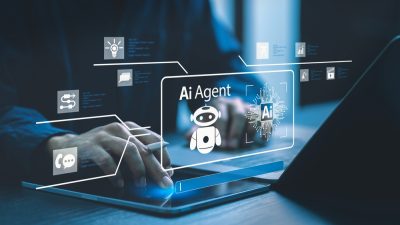Highlights:
- Domino Governance aims to automate the predominantly manual processes organizations depend on to ensure responsible AI development practices.
- Domino Governance provides customizable templates based on frameworks such as the European Union’s AI Act and the National Institute of Standards and Technology’s AI Risk Management Framework.
A data science startup, Domino Data Lab Inc., has launched a new platform aimed at automating governance in AI development. The company asserts that its significant experience collaborating with large organizations and federal government agencies gives it a unique competitive advantage.
Domino Governance seeks to automate the mostly manual processes organizations rely on to ensure responsible AI development. The company cited its own research, which showed that 95% of the 278 enterprise AI leaders surveyed believe their organizations need to revise or update their AI governance frameworks to prepare for the widespread adoption of generative AI.
AI governance refers to the policies, frameworks, and procedures that guide the ethical, responsible, and secure development, deployment, and management of AI systems. It typically encompasses standards related to fairness, transparency, accountability, privacy, and security.
Several recent studies have identified governance as a significant barrier to wider AI adoption. A report from Deloitte LLP published last week indicated that just 3% of the 460 board members and senior executives surveyed believe their organizations are well-prepared to implement AI. A major contributing factor was the insufficient focus on governance at the board level.
“The biggest problem isn’t so much that organizations don’t know what the policies and processes should be because they’ve been established for a long time. The problem is the tools they have are from the Stone Age. Everybody’s using spreadsheets to track everything,” said the company’s Head of AI strategy, Kjell Carlsson.
Fast to Create, Slow to Approve
Ahmet Gyger, Domino’s senior director of product management, pointed out that the lack of coordination among stakeholders in AI development worsens the problem, making it difficult for reviewers and auditors to obtain the required information. He said, “One of our customers took three months to build a model and seven months to get the model through the governance process. It can take multiple weeks to find out if personally identifiable information was used.”
Carlsson explained that this leads to delays in deploying models, which increases the risk of model drift, where a model’s performance gradually declines over time.
“You end up with models that are almost by default out of date before they’re put into production, and they are much less frequently updated because of all of the difficulties and hurdles” involved in deploying them, he said.
Unreliable Outcomes
The established best practices in traditional software development, such as risk assessment, access control, versioning, and auditability, remain relevant. Generative AI adds new complexities, with decision-making factors capable of changing in real-time. This can result in biased outputs or hallucinations, potentially leading to severe regulatory consequences.
For example, the EU’s AI Act permits fines of up to USD 37.2 million or 7% of a company’s annual revenue for violations. Meanwhile, at least 45 U.S. states have introduced AI-related bills, with 31 passing resolutions or enacting legislation.
Domino Governance offers a set of customizable templates based on frameworks such as the European Union’s AI Act and the National Institute of Standards and Technology’s AI Risk Management Framework. Reviewers can audit data, access work context, and examine packaged evidence without interfering with production.
Policies are automatically enforced through challenge questions and approvals. A central dashboard provides a comprehensive view of policies, compliance status, and outstanding actions across all projects and models. A governance maturity assessment and professional governance services further support this.
Integrated model monitoring detects drift and performance issues across different AI models and datasets in hybrid, multi-cloud, or on-premises environments.
Carlsson explained that Domino Governance is designed to manage the intricate nature of machine learning and deep learning models, which far surpass the complexity of traditional software applications. “You need to be able to track back from the output to the version of the model, the version of the code, the version of the environments and libraries and the version of the data that was used. That’s where a lot of organizations struggle, because those factors are often on entirely different systems that aren’t linked,” he said.
Domino Governance will hit the scene later this month.





























































